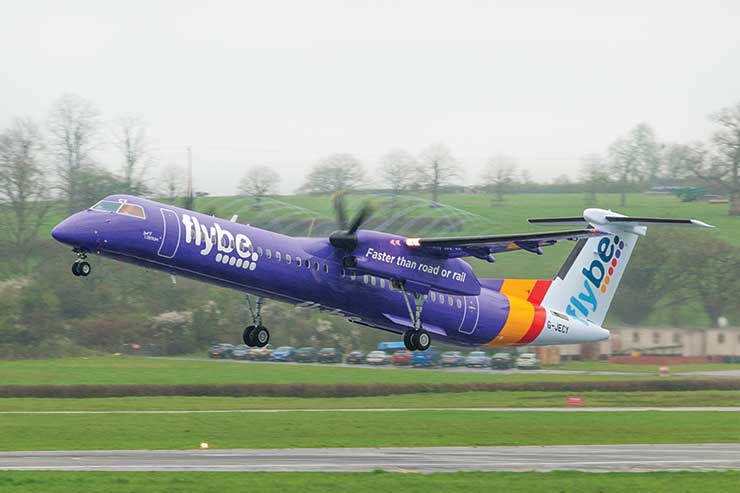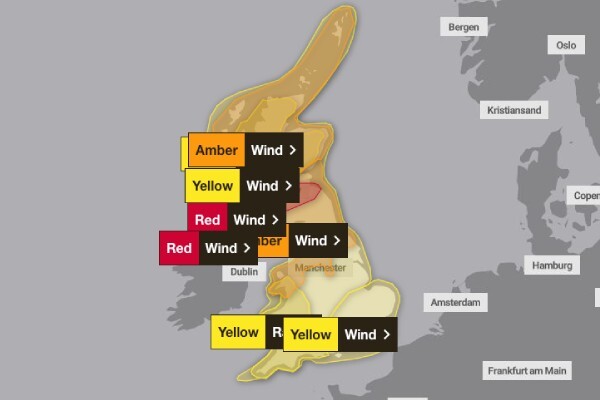Flybe: 'Crisis averted, problem created'
 John Grant
John GrantThe proposed rescue of Flybe last night has provoked a rapid response from Willie Walsh, and he may have a case. But why was Flybe saved, but Thomas Cook wasn’t?
Some would suggest the reason is so MPs can get home at the weekend. That’s not quite true. Scheduled airline services have a significant economic impact on the communities they serve. They facilitate business travel, trade and tourism on a much larger scale than Cook for instance. Essentially, Cook was a leisure airline carrying UK holidaymakers to two weeks of sun, sea and sand.
Flybe,on the other hand, carries business travellers to trade events in regional cities in wet Januarys – not quite the same.
The UK government therefore probably felt compelled to act on this occasion, given its election promises. Although three ministers being quoted in one press release looks like an ego-fest, rather than a statement of intent.
Where next now becomes the question and with pandora’s box open, the fun begins.
Perhaps the best solution would be for the UK government to create a broader set of Essential Air Service routes with transparent criteria against which all airlines can tender, including British Airways if they so wish.
If protecting access to regional economies is vital then, pending the arrival of HS2, long-term 25-year contracts could be put in place very quickly. Such an arrangement would certainly help in providing that much-needed confidence in connectivity for regional communities and second homeowners in Cornwall.
Guaranteed, protected access to Heathrow and Gatwick for regional services would be helpful as well. Neither of these airports really want sub-optimal below-average capacity aircraft with below-average load factors taking valuable slots that a jam-packed Emirates A380 could use. Unless, of course, they are mandated to provide such access as part of a new enlightened UK PLC strategy.
Flybe also now needs to look long and much harder at its network. It is too fragmented, too operationally challenging and in need of a more serious cull than we saw in 2019. Frequency has always been a prime principal of successful and profitable air services – “getting back to basics” is what Flybe needs to do, and quickly.
And then of course APD comes into the equation. Finally, we may have a breakthrough in thinking from the Treasury on this punitive tax.
But do we reduce APD on all domestic routes regardless of size? If so, easyJet, BA and Ryanair could be about to benefit from some windfall profits since experience suggests that such changes in taxes do not all flow through and airlines will see an improvement in yields and profits.
Last night’s decision may have saved an airline, perhaps only in the short-term. It has also set the clock ticking on sorting out the bigger picture, placing some clever regulations in place to both protect and develop regional air services. It may also have merely delayed the inevitable. Can we trust a failing ministry to sort this mess out?
Only time will tell.
John Grant is a senior analyst at OAG.
Sign up for weekday travel news and analysis straight to your inbox

John Grant
Supplier Directory
Find contacts for 260+ travel suppliers. Type name, company or destination.













